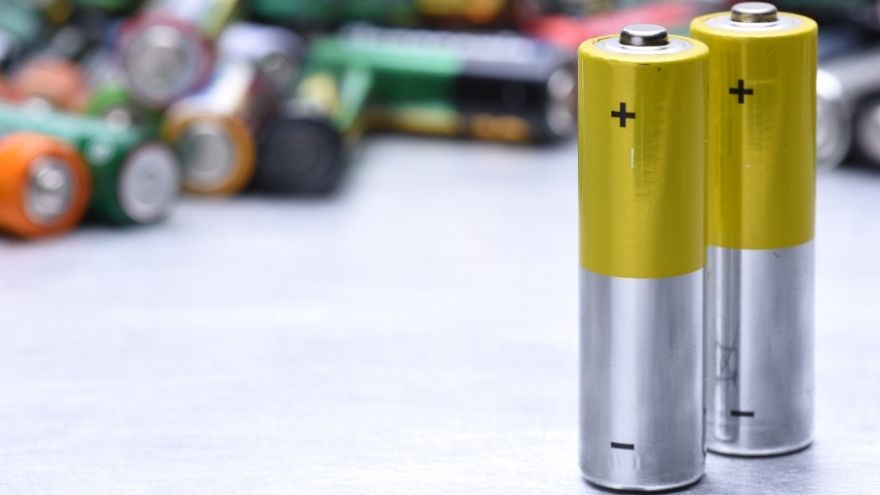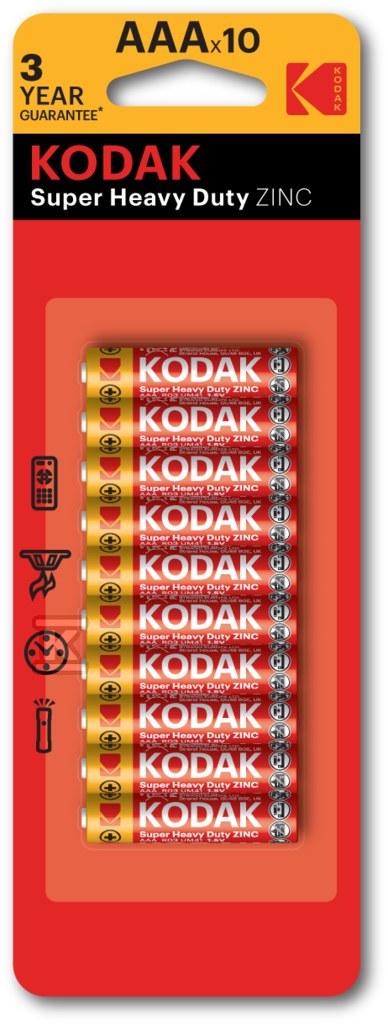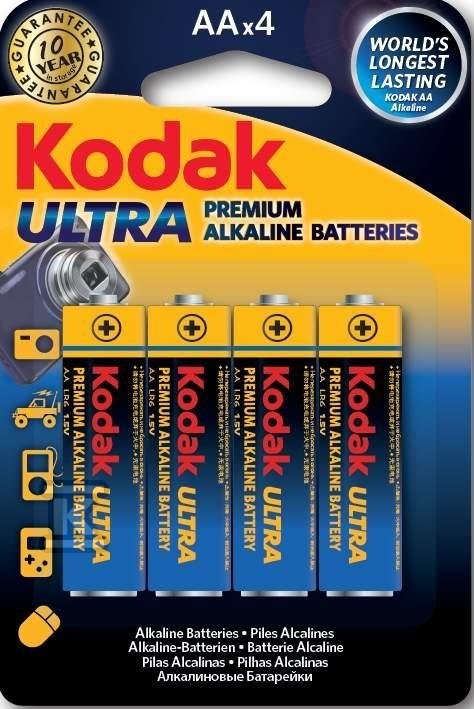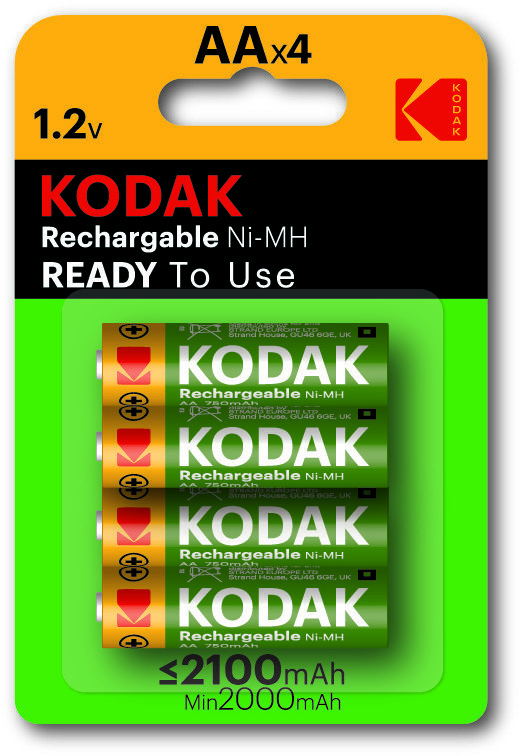Used batteries, despite their small size, can have a serious impact on the environment if not disposed of properly. Accumulators and batteries contain hazardous heavy metals such as lead, cadmium, mercury, and nickel. All of this can contaminate soil and groundwater, leading to long-term damage to ecosystems and human health. That is why it is extremely important to know how to properly handle used batteries and not throw them away.

Check out the alkaline batteries at the Onninen wholesaler
How to check if the battery is dead?
 There are a few signs to look for to check if your battery is dead. If your device loses power too quickly, even when fully charged, it may be a sign that the battery is dead. If the battery life is too short, it may also indicate that its ability to store energy has deteriorated. If the battery gets too hot during use or charging, it may be damaged. Visible damage, such as bulges or leaks, is clear evidence that the battery needs to be replaced.
There are a few signs to look for to check if your battery is dead. If your device loses power too quickly, even when fully charged, it may be a sign that the battery is dead. If the battery life is too short, it may also indicate that its ability to store energy has deteriorated. If the battery gets too hot during use or charging, it may be damaged. Visible damage, such as bulges or leaks, is clear evidence that the battery needs to be replaced.
Charging problems, such as a failure to fully charge a battery after a long time in the charger, can also indicate that it is wearing out. In mobile devices, such as phones or laptops, you can check the battery status in the system settings. You can also use battery monitoring applications that provide detailed information about battery usage. Over the years, if the device is performing worse, it may mean that the battery has reached the end of its life and should be replaced to avoid further problems.
Why should you not throw alkaline batteries into the regular trash?
It is worth familiarizing yourself with the most popular types of batteries first. The most common ones include alkaline batteries, zinc-carbon batteries, nickel-cadmium (NiCd), nickel-metal-hydride (NiMH) batteries , AA batteries , and lithium-ion (Li-ion). Each of these types requires a different approach to recycling and disposal.
 Recycling batteries and accumulators allows for the recovery of valuable raw materials and reduces the amount of waste going to landfill. Additionally, proper battery processing prevents the release of toxic substances into the environment. Although recycling processes vary depending on the type of battery, they typically involve separating metals, chemicals, and other materials that can be reused in the production of new batteries or other products.
Recycling batteries and accumulators allows for the recovery of valuable raw materials and reduces the amount of waste going to landfill. Additionally, proper battery processing prevents the release of toxic substances into the environment. Although recycling processes vary depending on the type of battery, they typically involve separating metals, chemicals, and other materials that can be reused in the production of new batteries or other products.
Alkaline batteries should not be thrown into the regular trash because they contain chemicals that can harm the environment and health. The heavy metals they contain, such as manganese, zinc, and lithium, can contaminate soil and water if not disposed of properly.
In addition, leakage of toxic substances from batteries can pose a threat to humans and animals. Recycling batteries allows you to recover valuable materials, reduce pollution and reduce the negative impact on nature. Therefore, alkaline batteries should be taken to collection points that deal with battery recycling, ensure their proper disposal and reuse of materials.
Where can I dispose of used batteries?
In the case of batteries, it is important that they are properly stored and taken to recycling points. Used, old batteries should be stored in a dry and cool place, away from high temperatures, moisture and mechanical damage.
 It is best to keep them in plastic or metal containers, away from flammable materials. You can take used batteries to special collection points that ensure their safe disposal and recycling. Such places can be found in various locations, for example:
It is best to keep them in plastic or metal containers, away from flammable materials. You can take used batteries to special collection points that ensure their safe disposal and recycling. Such places can be found in various locations, for example:
- stores – many stores, especially those selling electronics and household goods, have containers for collecting used batteries. Some also offer collection points for portable batteries, allowing for their safe disposal and recycling,
- selective waste collection points – local waste management systems often have designated places where used batteries can be disposed of,
- Containers in offices and schools – batteries can also be disposed of in containers placed in public spaces, such as offices, schools or libraries,
- eco-points and recycling stations – collection points for electronic and chemical waste also accept used batteries.
It is worth making sure that we return batteries to the appropriate collection points to avoid inappropriate storage and limit the negative impact on the environment.